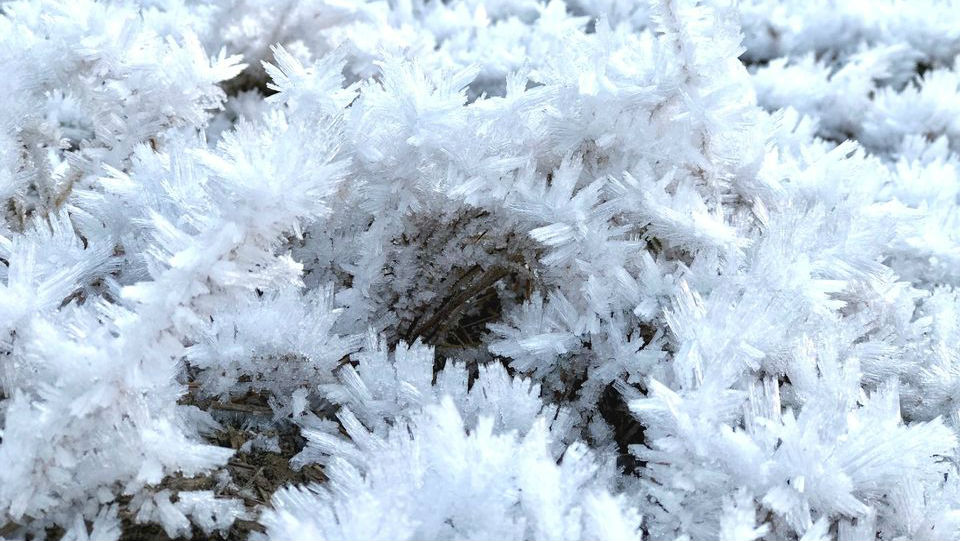Arctic Finland: Coldest weekend so far this winter

The coldest place in Finland on Sunday was the city of Sodankylä in Arctic Lapland, according to the Finnish Meteorological Institute (FMI).
Meteorologists measured several new records in a row for the winter season 2018-2019 over the weekend. The mercury fell to -36.7 degrees Celsius in Kuusamo around 10 pm, falling past -37 degrees before midnight and finally reaching -38.7 degrees in Sodankylä around 5 am on Sunday.
FMI meteorologist Ari-Juhani Punkka said the bone-chilling frost was brought on by an Arctic air mass moving through northern and eastern Finland.
“When you have lots of snow, an Arctic air mass and clear skies, you get biting temperatures,” Punkka explained. “East of the Ural Mountains conditions are even more severe and temperatures are colder. We’re getting some of that cold now.”
Punkka said that the mass of air which froze large parts of the country was the coldest such front active within Europe. Subzero figures nearing -40 degrees Celsius are common wintertime lows in Finland.
“The last time we went under -40 degrees was as recently as 2017,” Punkka said.
The coldest temperature ever measured in Finland is from 1999, when the FMI reported a record low of -51.5 degrees Celsius in Kittilä, also in Lapland.
Cold subsides
Weather reports predicted freezing conditions from Sunday to Monday morning. Meteorologists said that the cold would not sting too harshly as hard winds were not expected. Temperatures were also excepted to fall between -20 to -30 degrees Celsius in the south.
Over Monday the chill was set to subside somewhat, though temperatures in Arctic Finland would likely remain at some -20 degrees Celsius.
Related stories from around the North:
Canada: Northwestern Canada: hopes sinking for Dawson City ice bridge, despite cold snap, CBC News
Finland: Glacial temperatures could cause power outages in Finland, Yle News
Norway: Vegetation in Arctic Europe disturbed by mid-autumn thaw, The Independent Barents Observer
Sweden: Strong winds roar across central Sweden, Radio Sweden
United States: Alaska’s Cold War radars face new threat from climate change, Alaska Public Media



